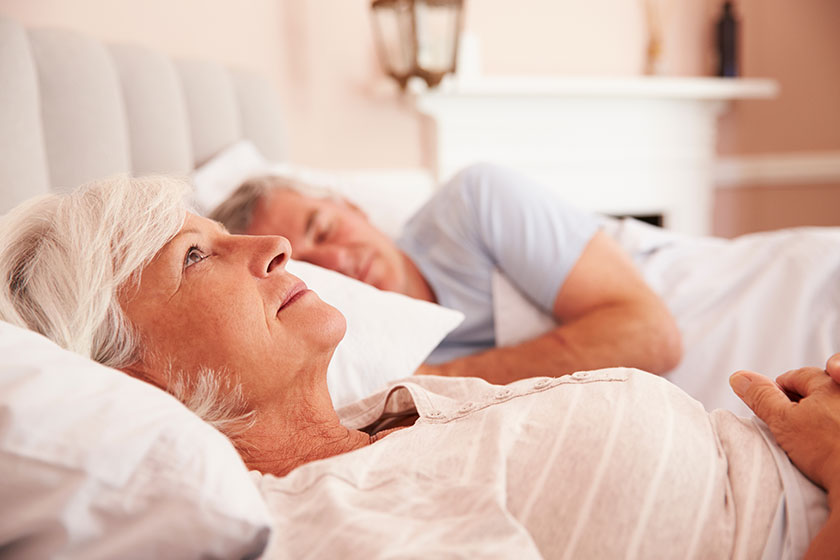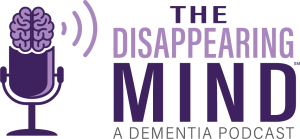It is believed that the natural process of aging brings about changes in sleep patterns. Older adults tend to get sleepier earlier in the day and do not enter a deep slumber as they did when they were younger.
In addition, age-related health issues that arise later in life may also be a cause for disturbances in sleep. Lack of sleep may also further exacerbate health issues. Hence, it is crucial to understand insomnia causes and treatments if you want to help your loved ones.
The Problem of Insomnia
One of the most common causes of sleep problems among older adults is insomnia, a sleep disorder that makes it hard to fall asleep or stay asleep for long. Insomnia can affect people of any age but has been found to become more common the older one gets; roughly 23-24% of older adults experience insomnia symptoms.
Insomnia in older adults can be spurred on by the physiologic changes of aging, chronic medical illnesses, or environmental conditions. The ailment is also associated with depression and anxiety, cognitive decline, fatigue, and overall deterioration of one’s quality of life.
Choosing Not to Use Sedatives
It can be tempting to use sedatives to relieve insomnia symptoms, but this method should only be undertaken as a last resort. This is because sedatives are known to be bad for brain function, and cause impairment to cognitive functions such as memory.
Most medications for insomnia are also habit-forming, making it difficult to wean off once one becomes reliant on them. It is especially difficult for adults with dementia because weaning off the medication may cause added stress and anxiety, which leads to increased restlessness.
Ways to Treat Insomnia
- Cognitive-behavioral therapy for insomnia (CBT-I)
CBT-I is a special therapy that combines consistent sleep habits, relaxation techniques, and behavioral techniques that can help improve sleep. It also helps people stop thinking about negative thoughts that can impede on falling asleep.
Research has shown that CBT-I is particularly beneficial for people who have insomnia along with other medical or psychiatric illnesses. Whilst CBT-I can be done by yourself, it is recommended to try online programs or through wellness classes which can offer further guidance. CBT-I can also include therapy techniques such as stimulus control and sleep restriction.
- Mindfulness meditation
Research has shown that mindfulness meditation is particularly effective for combating sleep problems, perhaps even more so than “sleep hygiene” – good sleep habits. Practicing mindfulness meditation can help to improve sleep quality in older adults, as well as people with chronic insomnia.
Meditation relaxes the body. It alleviates symptoms of depression, anxiety, and stress. By clearing up your mind, you may find that sleep comes easier.
- Exercise
Proper exercise is known to help with sleep-related problems. Usually, this requires moderate-to-vigorous exercise, which may not be an option for some older adults. Additionally, research has also shown that CBT-I tended to be more effective than exercise.
However, one cannot write off regular exercise; exercise is still very important to health, and whilst light exercise may not be effective in tiring one out enough to fall asleep, it can improve both physical and mental health – something that can indeed combat the problem of insomnia.
Some common problems that affect sleep are:
- Underlying Medical Problems
- Sleep-Related Breathing Disorders
- Restless leg syndrome (RLS)
- Periodic Limb Movements of Sleep (PLMS)
- Insomnia








